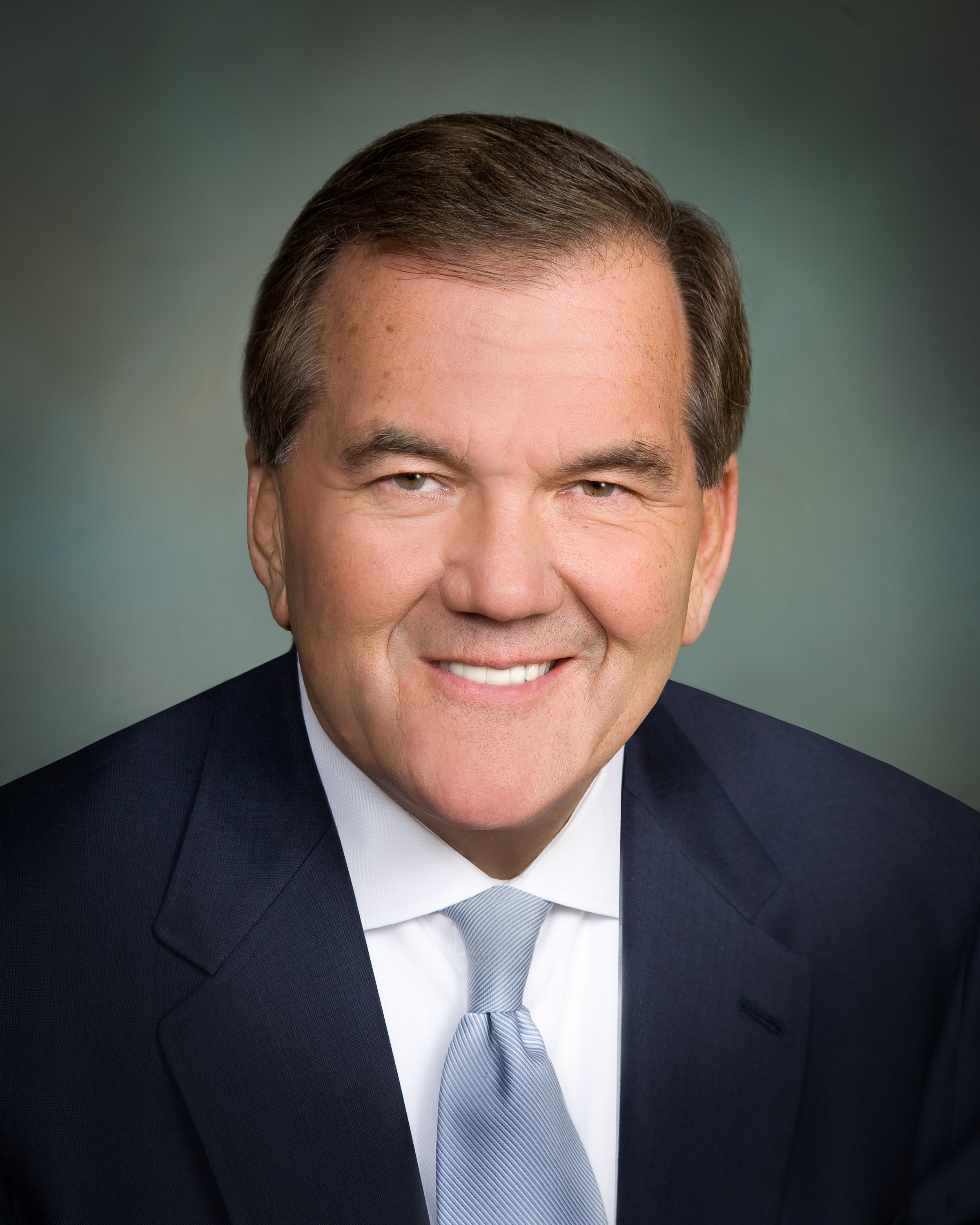
Hundreds of Republican voters had turned out to a town hall meeting to support their presidential candidate. They were angry and frustrated. Emotions were boiling over. There were moments you worried could turn violent.
This wasn’t 2016. While it had the look and feel of a Donald Trump event, it was 2008, and the candidate was Senator John McCain.
A number of audience members expressed fear of an Obama presidency. One woman took the microphone and asserted that the then-Illinois senator was an Arab. It had the potential to spiral further downward.
What happened in the moments that followed is what separates men like McCain from Trump. In that moment, McCain had a choice to make. He could allow the comment to stand and feed into the anger for the benefit of his own candidacy. Or he could set the record straight and tamp down the hateful rhetoric. Not at all surprisingly, he chose the latter. And while he paid a price in the form of boos that rang out across the auditorium, he knew that it was the right thing to do.
“No ma’am. No ma’am,” he said, taking back the microphone. “He’s a decent family man … that I just happen to have disagreements with on fundamental issues, and that’s what this campaign is all about.”
Indeed. It’s what John McCain is all about, too. Honor. Respect. Dignity. Civility. That one moment is the essence of civility in American politics. And, sadly, it is what has largely gone missing in 2016. Not just in the presidential campaign—which has been incredibly troubling—but also in the seeming inability to get virtually anything done in Washington.
I imagine it is what inspired another great senator to lament the constant incivility and nastiness that has permeated our nation’s capital. When Vice President Joe Biden announced last year that he would not be seeking the presidency, he used that moment to challenge his colleagues in Washington to embrace a civil approach that for centuries has served our nation well. I was not at all surprised to hear these words come from Biden, as it is entirely consistent with his approach to governing over the past 40 years.
“I believe we have to end the divisive partisan politics that is ripping this country apart,” he said. “I think we can. It’s mean-spirited. It’s petty. And it’s gone on for much too long. … I don’t think we should look at Republicans as our enemy. They are our opposition. They’re not our enemies. And for the sake of the country we have to work together.”
While it is easy to lament incivility, I prefer the approach taken by Allegheny College, who this week named Biden and McCain the winners of its annual Prize for Civility in Public Life. I’m proud to be an honorary degree recipient from Allegheny and applaud college President Jim Mullen’s selection.
Ask anyone who has sat across a table from Biden or McCain, and they’ll tell you the same thing—that these are men of principle who hold strong to their beliefs and will argue passionately in defense of their positions. But they also understand that one need not demonize their opposition in order to effectively govern. Their remarkable careers speak to their ability to work collegially and effectively on both sides of the aisle and to rebuke the notion that Republicans and Democrats can’t get things done together.
When I served in Congress in the 1980s, Tip O’Neill was the larger-than-life Speaker of the House. A New England Democrat, Tip and I rarely agreed on policy. But Tip encouraged camaraderie between the R’s and D’s on the Hill because he knew if there was hatred between us, he simply would not be able to get anything of substance done. He encouraged the Four O’Clock Caucus, a regular basketball game named for the time at which Tip refused to call votes, so Republicans and Democrats could burn off steam in the House gym, while building lasting friendships outside of partisan politics. I remember a young congressman named John Kasich having a decent jump shot.
As this presidential campaign pushes toward November, I hope Americans demand more out of their candidates. Not just better ideas, but a better approach. A civil approach. Because only then can we truly roll up our sleeves and get to work on the critical issues of the day.
More Must-Reads from TIME
- Why Biden Dropped Out
- Ukraine’s Plan to Survive Trump
- The Rise of a New Kind of Parenting Guru
- The Chaos and Commotion of the RNC in Photos
- Why We All Have a Stake in Twisters’ Success
- 8 Eating Habits That Actually Improve Your Sleep
- Welcome to the Noah Lyles Olympics
- Get Our Paris Olympics Newsletter in Your Inbox
Contact us at letters@time.com